
The nationwide strike that has been embarked upon by the Ghana Registered Nurses and Midwives Association (GRNMA) has taken the nation by storm. Various reports indicate that some Ghanaians are losing their lives due to lack of medical care. Others are also moving from one hospital to the other hoping to get health personnel to attend to their health problems.
Mr Kwabena Mintah Akandoh, the Health Minister, who has failed to convince the nurses to go back to work, is now appealing to retired nurses to come in and help. Addressing a news conference in Accra yesterday, Mr Akandoh said his Ministry would, in the next few hours, publish a comprehensive list of facilities to complement places where nursing services were lacking and where patients could seek healthcare.
“We further express our deep appreciation to practicing nurses who have opted to remain at post to help suffering patients and urge others to show similar fellow-feeling and assist our ailing compatriots even as efforts are made to address their concerns,” he said.
The GRNMA claimed they have finished all negotiations regarding their conditions of service and that they are not prepared to sit down with the health minister for any new negotiation. Though the minister has reminded them that implementing their new conditions of service will throw the 2025 national budget out of gear, GRNMA will not listen.
The situation, as it stands now, cannot be blamed either on the government or the nurses because the latter truly negotiated with the former government and what was left was implementation before the New Patriotic Party government left office. In the case of the former, it came to meet the negotiated agreement, but no one should expect the health minister’s team to just approve of it without any ‘re-negotiation’.
This is the reason why the two parties, in our opinion, should come together and find common ground in resolving the issue, but the nurses appear determined to pursue their goal of using the strike to force the hands of government to accept their demands.
A few days ago, the Ghana Private Road Transport Union (GPRTU) had also wanted to suspend their services after Parliament passed a law to impose GHS1.00 levy on a litre of fuel. The sector ministry stepped in and quickly resolved the issue abate temporary. But for the nurses, all indications point to the fact that they are not prepared to back down.
Already, some people are reading political meanings into the strike, which of course, cannot be ruled out entirely. During President Kufuor’s time, the National Association of Graduate Teachers (NAGRAT) embarked upon one of the longest strikes in the history of Ghana. As it is happening, the Kufuor government also started calling on retired teachers to step in.
A few years later, Mr Kwame Alorvi, who led NAGRAT to embark upon that long strike filed to contest National Democratic Congress (NDC) parliamentary primary in one of the constituencies in the Volta Region. He was obviously a union leader, but the optics did not serve his interest in the case being referenced.
In the same way, some of the current leaders of the Nurses could be hiding behind the negotiated agreement to pursue their political agenda. Going forward, the government should devise a strategy to counter some of these strikes to ensure constant peace in the health sector.
Though Mr Kwabena Mintah Akandoh’s call on retired nurses to come in and help is welcome news, it does not, in our view, solve the problem permanently. What about if these retired nurses solidarise with their serving counterparts and refuse to respond to the national call?
In our view, the best way to solve this problem once and for all is to employ more nurses and medical doctors into the security services to create a legion of Reservists. For instance, each time the Police, Military, Immigration, Customs, Fire and Prisons Services are recruiting, special quota, which should not be anything less than 40% of the total recruitment should be reserved for nurses and medical doctors.
If this policy continues for five or more years, thousands of nurses would have been recruited into these security agencies. They will then serve as reservists who can be ordered to assume full nursing duties at the various hospitals across the country any time the GRNMA tries to hold the nation to ransom as it appears to be happening now. Our suggestion does not, however, mean that the government should also renege on her duty to ensure better conditions of service for the nurses and other health workers in the country.
In the same way, we expect the government, despite all our financial challenges, to think outside the box and come out with a strategy to construct rail lines to link all the regional capitals. This is a long term and capital intensive project, but if the government is able to achieve it, it will introduce competition into the transport sector so that the GPRTU and other private transport unions will not have the monopoly over the transportation of people from one place to another.
It will also help the nation to avert any threat by these transport union to stop working, as GPRTU had wanted to do, but for the timely intervention of the sector minister. If trains are running between Accra and Kumasi, no transport union will dare threaten the government and people of Ghana with strike. Of course, all the suggestions we have made cannot be achieved under the Mahama government alone, but he must first introduce it for others to also follow in future.
Those who are dying today cannot be revived when the GRNMA strike is over and that is why the issue of reservists should be considered. When a nurse is recruited by the police, she will still be performing her duties as a police officer and will only come to the hospital when the situation demands it. We rest our case and hope President Mahama and his Health minister are taking notes from the above suggestions.
The post Editorial: How To Permanently Resolve Doctors, Nurses Strikes Going Forward appeared first on The Ghanaian Chronicle.
Read Full Story
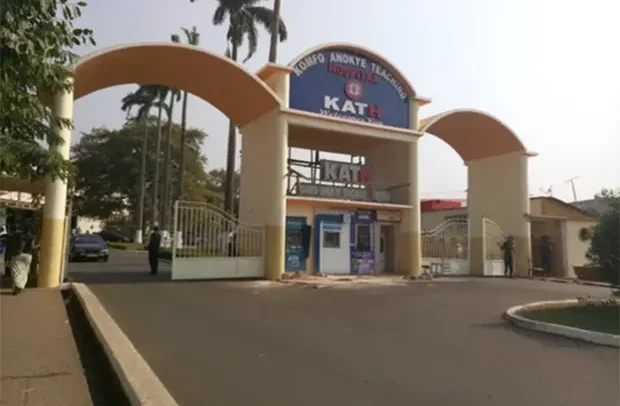

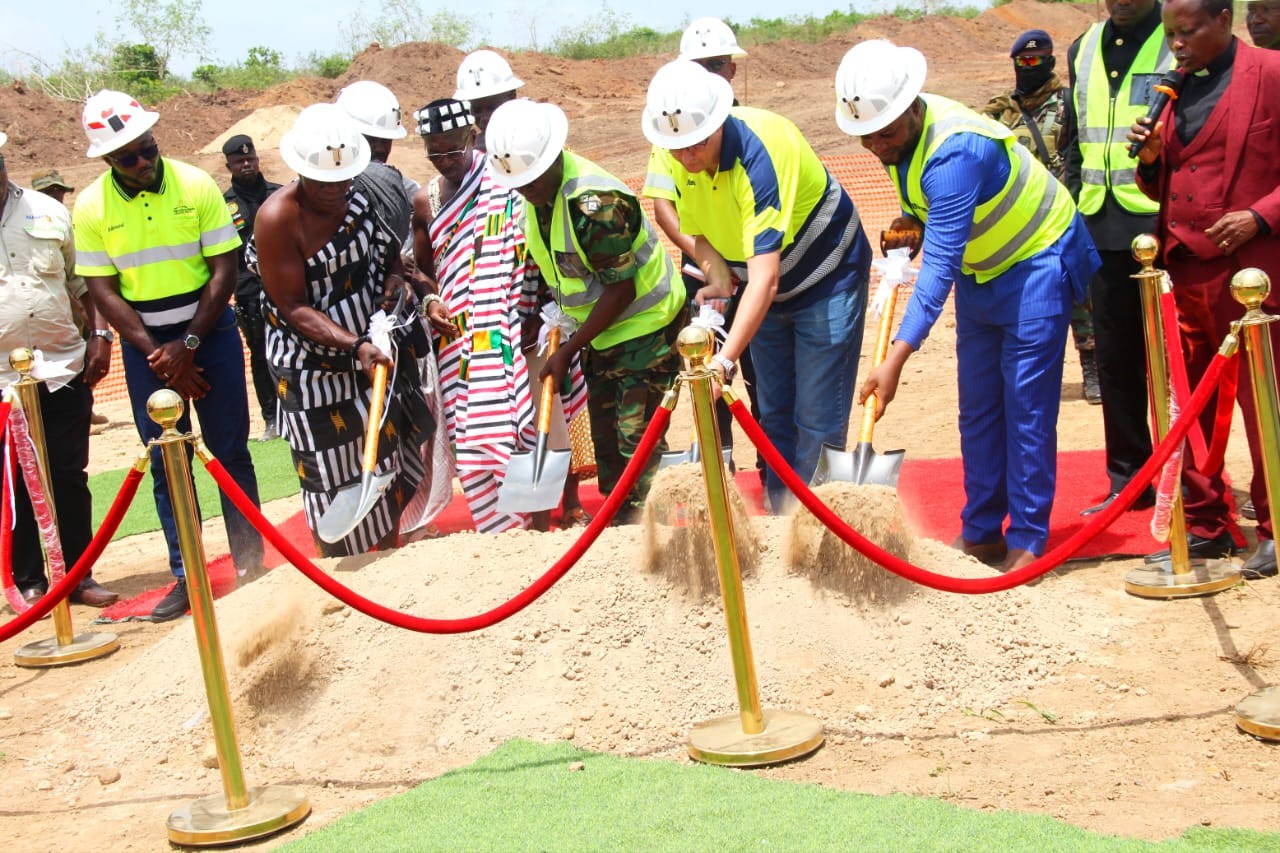






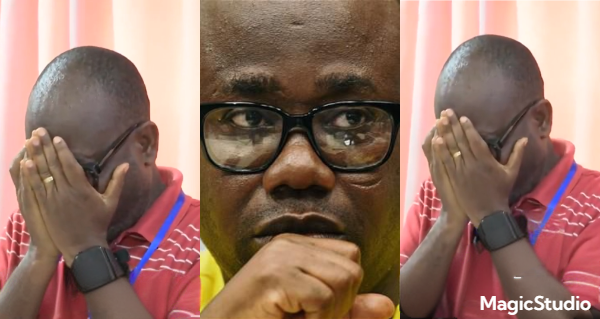

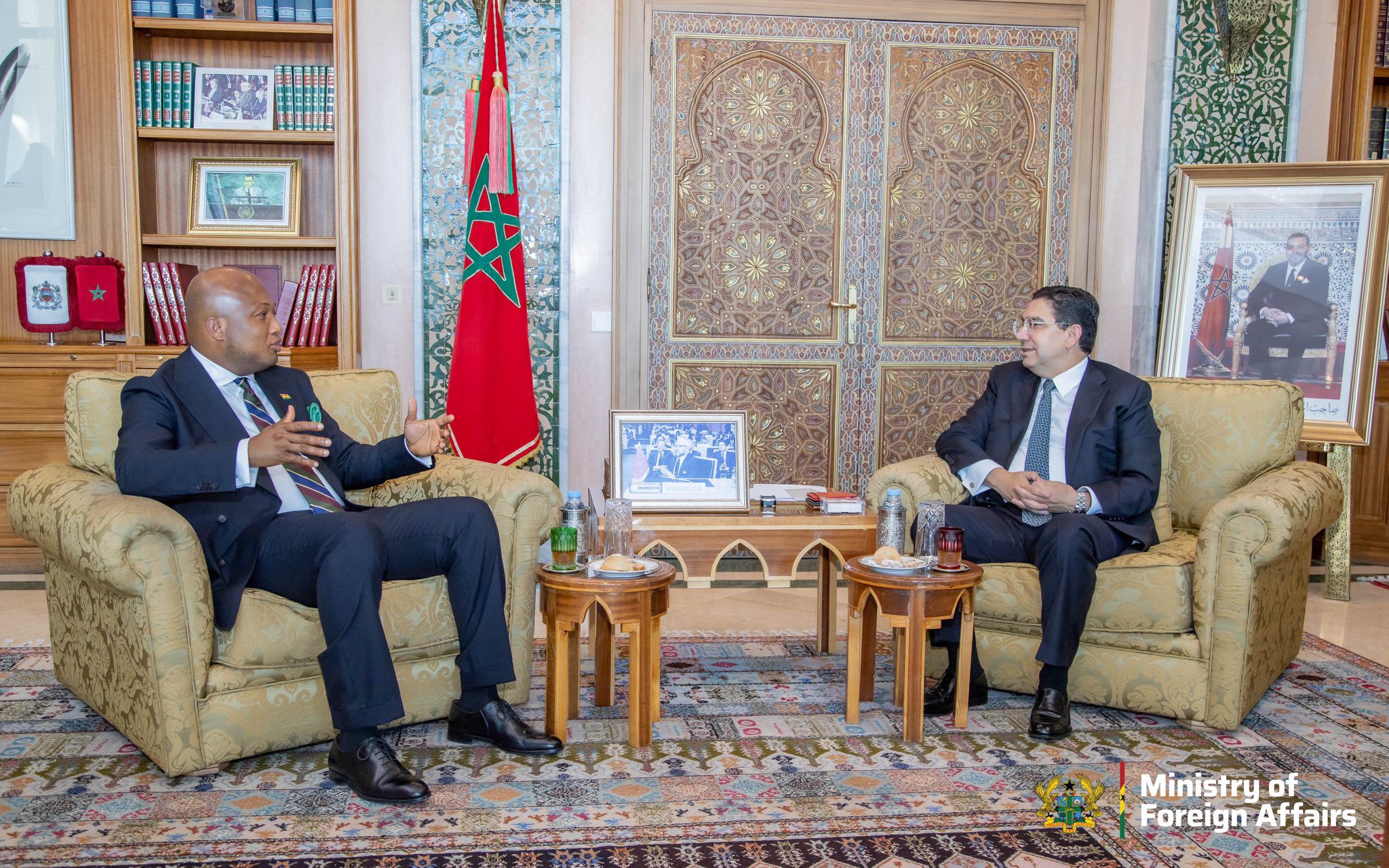



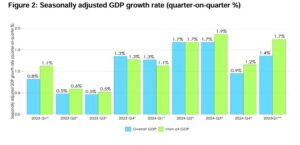



Facebook
Twitter
Pinterest
Instagram
Google+
YouTube
LinkedIn
RSS